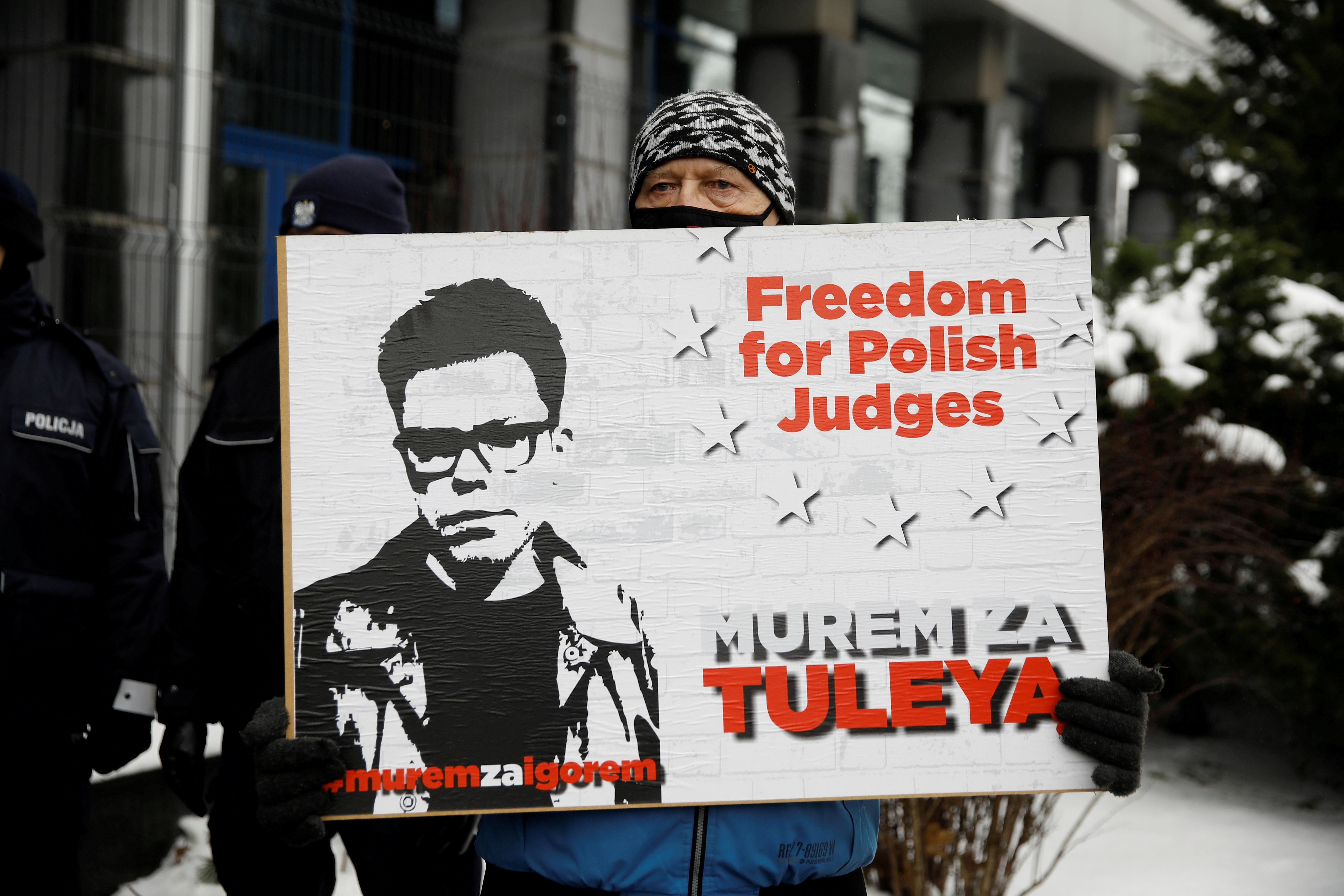What We're Watching: EU sues Poland, pandemic widens global gender gap, Niger foils coup attempt
EU takes Poland to top court: In a significant escalation in the ongoing row between Brussels and Warsaw, the EU has referred Poland to Europe's top court, citing concerns over its undermining of judicial independence. Brussels has long expressed concern about the dilution of democratic norms under President Andrzej Duda and his ruling Law and Justice party, which came to power in 2015. Since then, Duda has given broad powers to the Disciplinary Chamber of the Supreme Court, which has purged and suspended Polish judges who are critical of government actions and cut the salaries of judges who oppose changes to the judicial system. Brussels has long been at loggerheads with member states Hungary and Poland, both of which are led by "illiberal" populists. This came to a head last year when Brussels included a provision in the bloc's pandemic recovery package that made disbursement of funds contingent on respecting EU rule-of-law norms.
COVID reverses gender equality progress: It's well established that the cultural and economic impacts of the pandemic have hit women particularly hard. Now, a new World Economic Forum report says that 2020 was so devastating for gender equality globally that it will likely take another 151 years — 36 more than estimated just 12 months ago — to close the global gender gap. Interestingly, the area where the gap grew the most — 2.6 percent — in 2020 is politics. While many countries made progress on women's political representation, those gains were overshadowed by the poor performance of a smaller group of economic heavyweights including China, India and Japan, which have poor records when it comes to female participation in politics. As women-led movements aiming to reshape politics around the world gather steam, we're watching to see whether such grassroots pressure will succeed in creating long term change.
More unrest in Niger: After gunfire was heard before dawn close to the presidential palace in Niamey, Niger's capital, the government swiftly declared it had foiled a coup attempt by several members of the army. The fresh wave of unrest comes just two days before the inauguration of newly elected President Mohamed Bouzom. Details of the attempted coup are sketchy, but at least some soldiers are not happy about Bouzom's runoff election victory over former president Mahamane Ousmane, who himself was toppled in a coup in the mid 1990s. Ousmane rejected the December results, citing vague allegations of fraud, and his supporters rioted on the streets of Niamey to show their outrage. The coup attempt raises fears of further political unrest in coup-prone Niger, which was looking forward to its first-ever peaceful transition of power after incumbent President Mahamadou Issoufou stepped down. This comes as Niger is also suffering a wave of attacks by jihadists, who will surely benefit from more political instability in one of the world's poorest countries. Will Bouzom, a former interior minister known for being tough on terror, be able to get the situation under control?